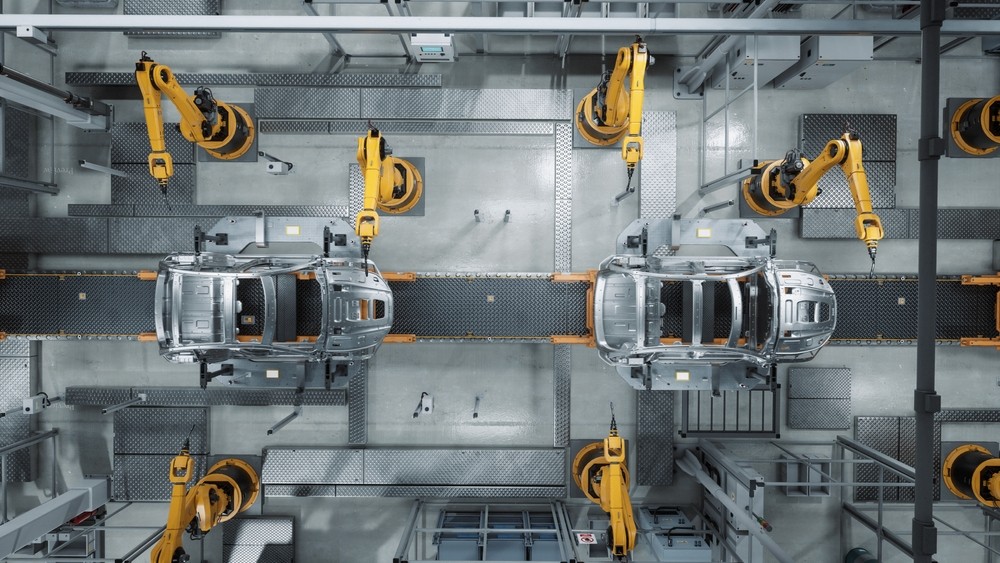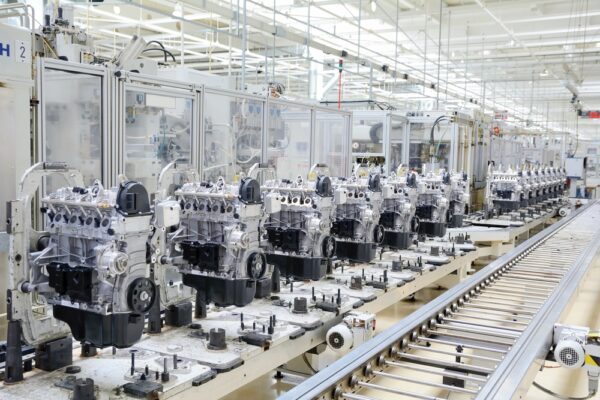Why Auto Manufacturing Is Such a Difficult Market

The U.S. auto-manufacturing industry is one of the world’s most complex and challenging markets. Legacy players like Ford, GM, and Stellantis (Fiat-Chrysler) have dominated for decades — largely unchallenged by new competitors. Over the years, numerous aspiring automakers have tried and failed to succeed in this market. The question is, why is the auto-manufacturing industry so difficult to break into?
Barriers to entry for automakers
Entering the U.S. automotive manufacturing industry is a formidable challenge, and there’s a reason the legacy players haven’t had much company over the years. Some of the barriers to entry include:
- High capital requirements. The resources and capital required to establish an auto-manufacturing facility are among the most significant barriers to entry. A new automaker must have the financial backing to invest massive amounts of money into research and development, equipment, and other assets — primarily due to the upfront cost of manufacturing vehicles.
- Entrenched competition. Current industry leaders have an expanded customer base, strong brand identity, and decades of manufacturing experience. It makes the competition too intense for new entrants, who often lack the resources, experience, and market share to compete effectively.
- Rapid technological change. Vehicle technology is constantly changing. Staying abreast of current customer expectations and competitor technologies requires a stream of investment many upstart automakers simply don’t have. Even those who bring novel technologies to the table may quickly find themselves outpaced by the resources of competitors.
- Government regulations. Government regulations and requirements significantly impact the automotive industry. Adhering to government guidelines is a costly process. Established automakers have the necessary resources and staff to address regulatory compliance. Smaller, newer entrants lack the same strength, making regulatory compliance too costly and challenging of a process.
- Labor issues. Automakers must follow strict labor laws and standards. These include ensuring the safety of workers and providing medical insurance policies to employees both during and after employment. For most startups and automakers entering the industry, the cost of meeting labor standards is often unaffordable.

Startups struggle to get traction
Some startups recently in the news are having trouble staying afloat. For example, Lucid Motors is slashing 18% of its workforce in an attempt to cut costs. Despite this, now is an exciting time for innovation in the industry.
With the rise of electric vehicles (EVs) and automation technology, plenty of opportunities exist for disruption and forward-thinking companies to make their mark. Established automakers are already investing heavily in these areas to stay competitive.
Difficult but not impossible
Although breaking into the auto-manufacturing industry is challenging, success stories prove it isn’t impossible. Everyone has heard of Tesla, the first mover of EVs. Rivian is another recent player carving out its own niche of electric adventure vehicles. But while some startups can break through the barriers of entering the automotive industry, they’re exceptions to the rule. For the most part, the automaker market remains a legacy one.